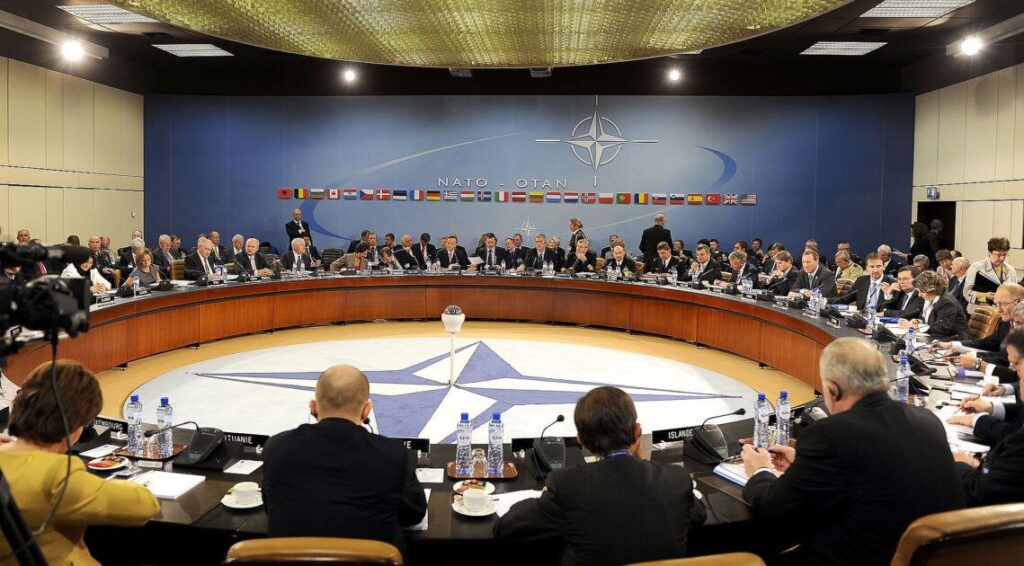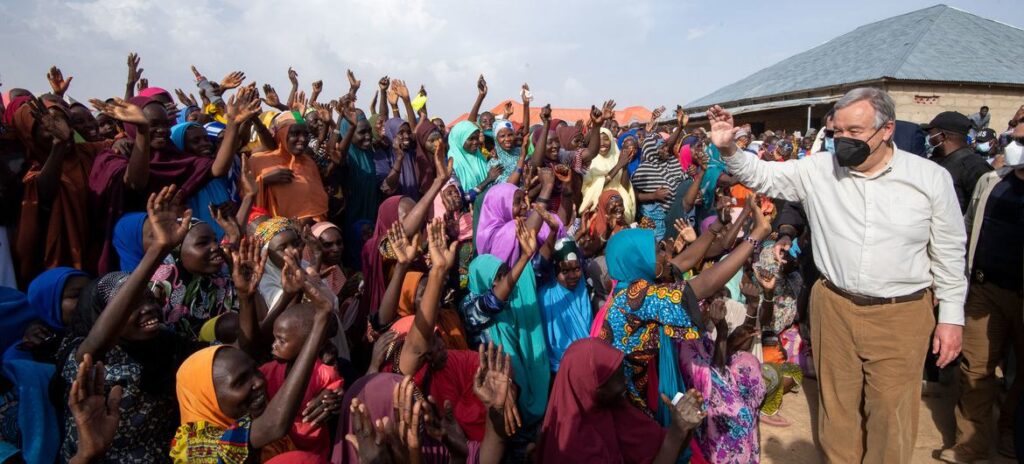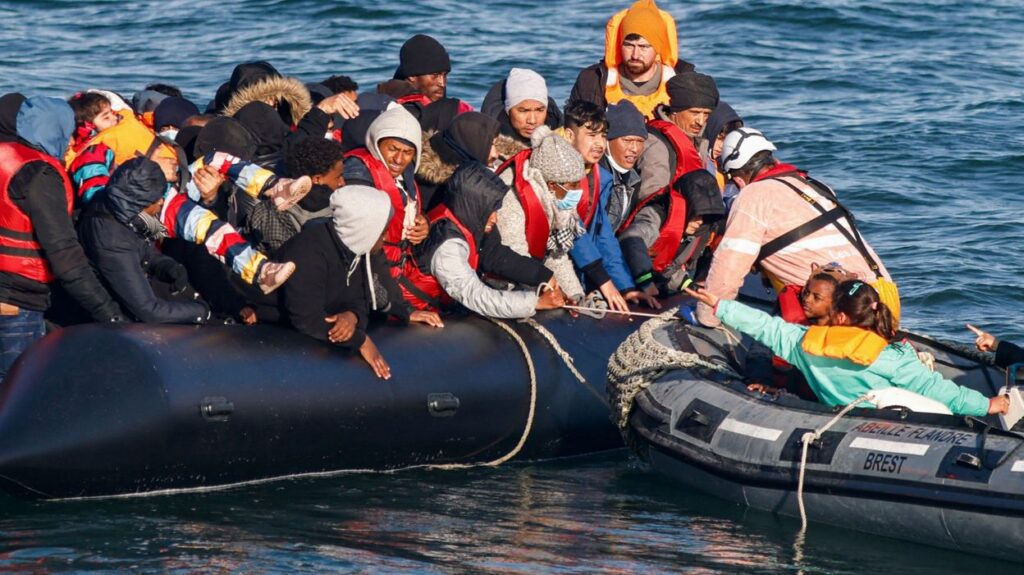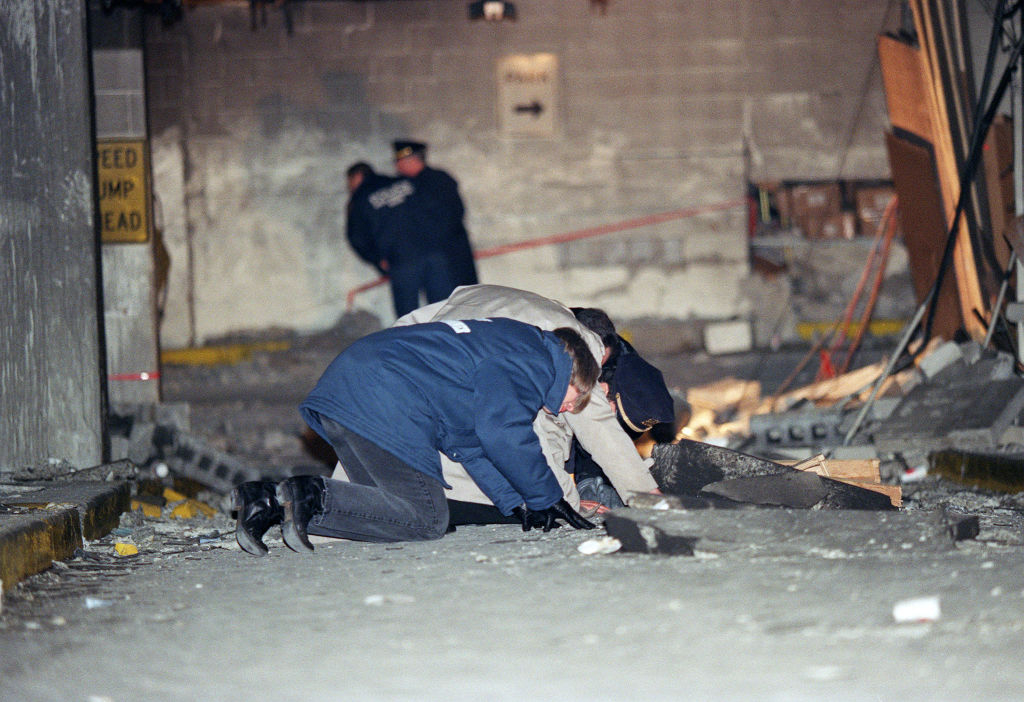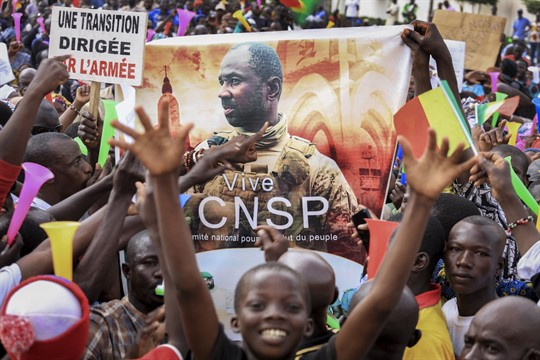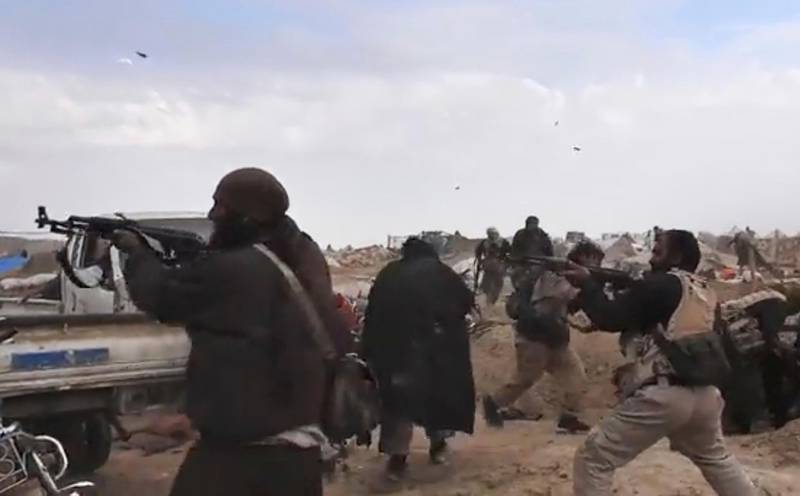Measles cases surge

Measles is so contagious that a single case in close living conditions like refugee camps can activate an outbreak response. That’s expected to happen more often than usual this year.
The World Health Organization (WHO) found that there were 23 million more babies under one year old who missed their routine vaccinations in 2020 than in 2019—including the first of two measles vaccine doses that are recommended for children by the WHO. That number hasn’t been this high since 2009 and is thought to have contributed to the current massive spike in cases worldwide.


